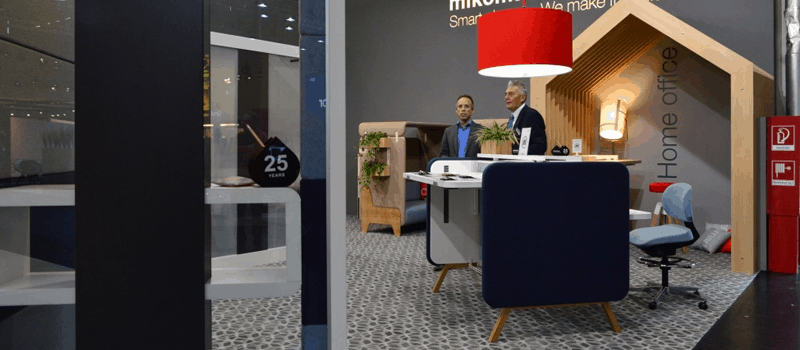Smart Working Guidebook
Introducing the first Smart Working Guidebook for Poland!

Why have innovative organisations such as GSK, ROCHE GLOBAL IT SOLUTIONS and IBM Global Services decided to implement smart working? Why have separate
smart working laws been introduced on many European markets? What is smart working? Why does your company need to know more about it?
The way we work and then measure the effectiveness of our actions is changing. We are becoming increasingly aware that the eight hours spent
at the company desk does not always translate into productivity and optimal performance. For this reason, organisations around the world are
looking for alternatives, and moving towards smart working.
Smart Working is an effect-centred approach that brings mutual benefits. While offering higher efficiency for employers, it also helps employees
maintain a balance between their working and private lives.
And how do the participants view the project? Watch this!
It is important that smart working should not be identified solely with flexible working hours. The issue is much more complex than that. The
process includes, but is by no means limited to, team-management methods designed to free the creativity of partners, unlock energy resources
and unleash potential. It also helps to create a suitable corporate culture that empowers the employee. It is a kind of philosophy of doing business,
one that we can measure.
Download the Smart Working Guidebook and:
- discover what Smart Working is, and the benefits it brings for employees and employers
- see how to implement this new method of “step-by-step” work
- gain essential knowledge regarding legislation, technology and work organisation
- assess the readiness of your company to implement smart working.
Our path to developing this unique guide
We achieved this primarily on a collective basis, with the participation of experts from different areas. Not only has the project sought to assess
the current situation, but also to initiate the experience-share process and to develop a practical guide for businesses wishing to introduce changes
to their organisation, although they are still in need of relevant technical assistance. The project has been implemented by Mikomax Smart Office
in cooperation with ABSL. The list of project partners includes: Variazioni, responsible for the research part, IBM, GSK, Roche, Luxoft,
Transition Technologies and the Wiewiórski Law Firm.

The first, survey-based part of the study aimed to diagnose the initial situation – to assess in which aspects companies were ready for this work
model, and what the challenges would be. The results showed that employees and employers alike take an interest in smart working, whereas
high-level managers were the group most open to a change in working patterns. In the next phase of the project, a workshop was held where
the participants examined the results of the survey and commenced work on the practical aspects of implementing changes in work organisation
as regards technology, internal policy, leadership and office space layouts. One result of this was the Smart Working Guidebook, a practical tool for
businesses to self-diagnose their organisation and to implement selected elements of smart working tailored to their needs.
For more information about the project or smart working in general, contact Zuzanna Mikołajczyk, the project initiator!
Contact: zuzanna.mikolajczyk@mikomax.pl

